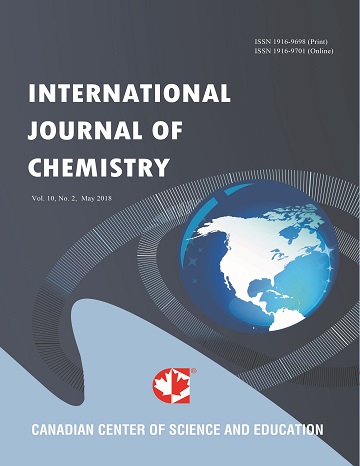Assessment of Surface Water Quality: The Perspective of the Weija Dam in Ghana
- Alfred Anim
- Godfred Odame Duodu
- Elikem Kwaku Ahialey
- Yaw Serfor-Armah
Abstract
Investigations into the water quality from the Weija Dam have been carried out. The inhabitants around the dam use the water for drinking and irrigation mainly, apart from fishing activities. Twenty five samples were collected and standard methods were used for the measurement of physical and chemical parameters. The ionic dominance pattern for cation and anion was Na+ >K+ > Ca2+ > Mg2+and HCO3- >Cl- >SO42- respectively. The ionic dominance pattern of the study area was in contrast with the ionic dominance pattern of Ca2+ > Mg2+ > Na+> K+ and HCO3- > SO42-> Cl- for fresh water and Na+ > Mg2+ > Ca2+ > K+ and Cl- > SO42-> HCO3- for sea water. Generally, anthropogenic activities along the Densu river basin and rock weathering, as opposed to evaporation-crystallisation and precipitation, could be the source of major ions in the dam. The hydrochemistry gives an indication that the water is soft and suitable for domestic use. The water was also found to be useful for irrigation without prior dilution with low salinity waters.
- Full Text:
 PDF
PDF
- DOI:10.5539/ijc.v3n2p32
Index
Contact
- Albert JohnEditorial Assistant
- ijc@ccsenet.org
